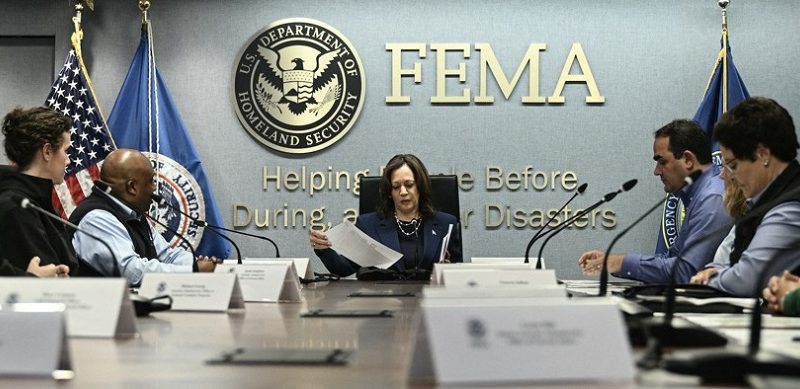LANSING, Mich. — Michigan State Police are warning of significant disruptions to critical emergency services due to delays in FEMA grant payments, with concerns rising that a $300 million budget shortfall could impact the state’s ability to respond to disasters.
The FEMA grants, which fund specialized training, equipment, and preparedness programs for police departments across Michigan, have been delayed for several months. These funds are crucial for ensuring that emergency responders are well-equipped to handle everything from natural disasters to mass casualty incidents.
State police officials report that they have already spent some of the grant money and planned for the remainder, but now face growing uncertainty. “We’re continuing to stack those up, so to speak; work continues at this point in time,” said Capt. Kevin Sweeny, Deputy State Director of Emergency Management. “But it’s getting to the point where we have to start looking at if any changes are going to need to be made.”
Ingham County, one of the many local emergency management teams that depend on these grants, is concerned about the immediate consequences of the funding delays. Rob Dale, with Ingham County Emergency Management, explained that his team is often called to assist in large-scale disaster responses. “We’re the ones you don’t usually see in your neighborhood, but when a disaster happens, we’re the ones who step in,” he said.
The county’s emergency response efforts include managing resources like drones for search operations and specialized training for handling mass casualty events, such as the November pileup on I-96. Dale emphasized that FEMA funding is essential for covering the costs of training and acquiring equipment to respond to such events.
However, with FEMA payments currently on hold, local departments are left waiting for reimbursements. “We’ve already sent everything we need up to the state, and the state has sent it to FEMA,” Dale said. “Now we’re just waiting to get reimbursed.”
The delays are causing mounting frustration across Michigan’s emergency services, particularly as the state police and local departments struggle to keep their operations running smoothly without the expected funds. “Holds on these grants have the potential to disrupt services and payroll for personnel if it continues,” Sweeny warned.
Ingham County officials noted that their budgets are already stretched thin, with the federal funding they receive now significantly lower than it was a decade ago. “The percentage of money we get now is maybe 20% of what we had 10 years ago,” Dale said. “We always have a wish list, but nonetheless, we want to keep the county as best prepared as we can.”
The situation is further complicated by the March 14th deadline imposed by a federal court for FEMA to release the funds. As of now, there are no signs of movement, and state and local officials are growing increasingly concerned about the potential long-term effects if the delays persist.
Without the timely disbursement of FEMA funds, Michigan’s emergency management system could face significant challenges in maintaining the level of readiness needed to protect residents from disaster-related emergencies.












